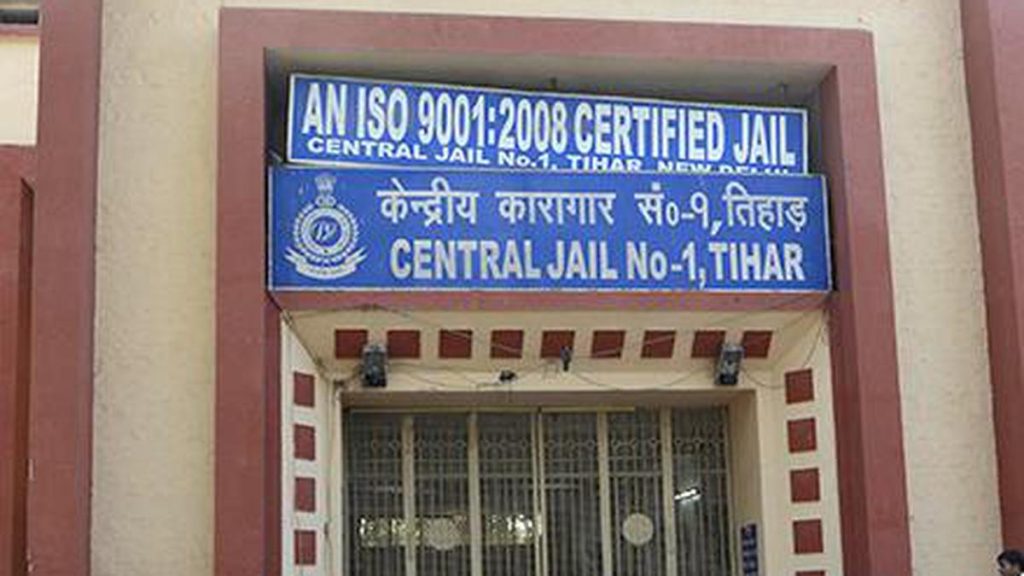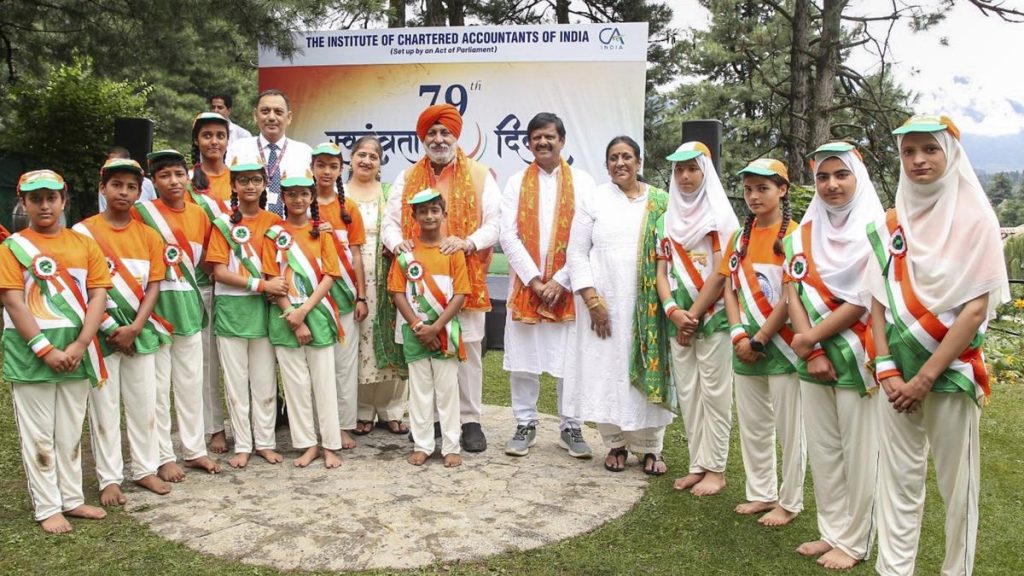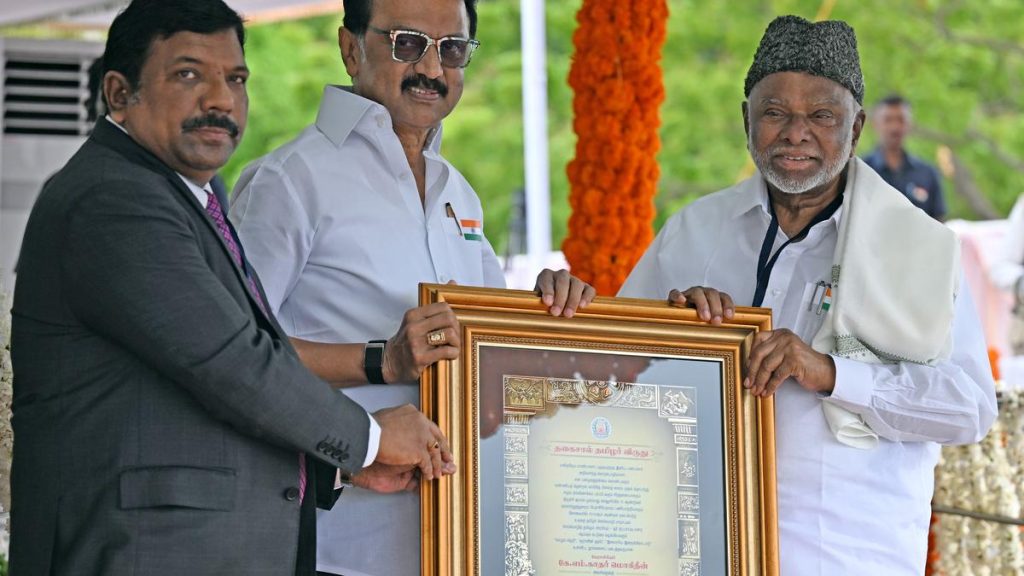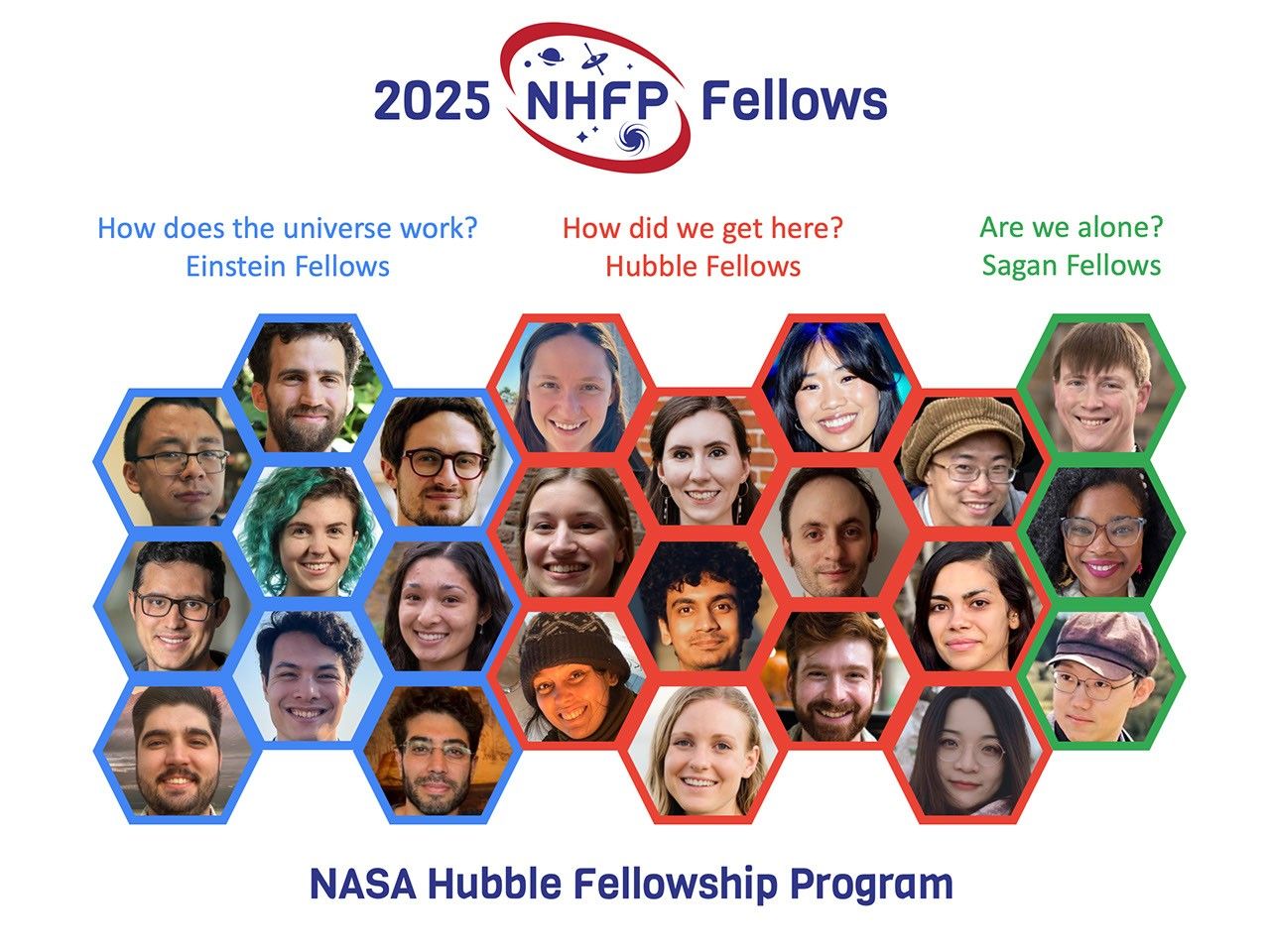Now Reading: Dr. Juliane Gross: Leading Artemis Mission’s Lunar Sample Curation
-
01
Dr. Juliane Gross: Leading Artemis Mission’s Lunar Sample Curation
Dr. Juliane Gross: Leading Artemis Mission’s Lunar Sample Curation
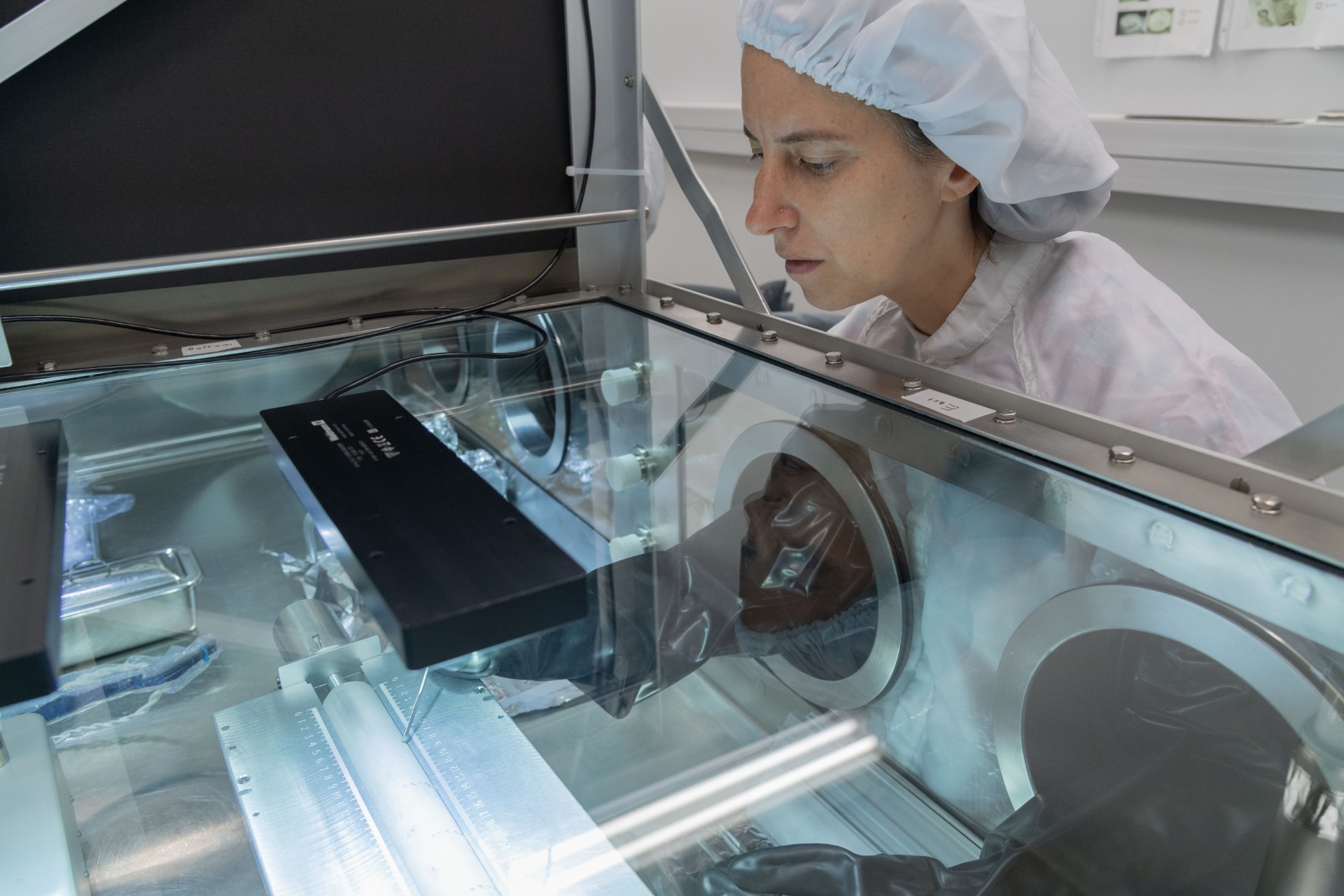
### Rapid Summary
– NASA’s Astromaterials Research and Exploration Science Division (ARES) at Johnson Space Center houses Earth’s largest collection of extraterrestrial materials, including Moon rocks and cosmic dust.
– ARES plans to add lunar samples from the Moon’s South Pole region through the Artemis campaign.
– Dr. Juliane Gross, Artemis campaign sample curation lead, is developing strategies for safe collection, handling, transport, storage, and analysis of these samples.
– Gross trains crew members on contamination-free sampling techniques and collaborates with multiple teams across Artemis mission stages.
– Upon sample return to Earth, ARES will conduct preliminary examinations before releasing a catalog for global scientific study.
– Gross gained important experience working on Apollo-era lunar samples under NASA’s Next Generation Sample Analysis Program in 2019; this served as planning for future missions like Artemis.
– Her career includes research experience in planetary sciences at institutions such as Rutgers university and fieldwork in Antarctica recovering meteorites under extreme conditions.
– Gross emphasizes that the moon preserves planetary history vital to understanding Earth-Moon evolution while inspiring future exploration beyond it.
Watch more about NASA’s geology training:
[Read More](https://www.nasa.gov/centers-and-facilities/johnson/she-speaks-for-the-samples-meet-dr-juliane-gross-artemis-campaign-sample-curation-lead/)
—
### Indian Opinion Analysis
India has been an active ally in global space exploration efforts through partnerships like chandrayaan missions aimed at studying lunar regions similar to those targeted by NASA’s Artemis program. The planned return of samples from the Moon’s South Pole could complement India’s own scientific endeavors by enriching comparative insights into shared geological phenomena. Collaboration opportunities may arise as global researchers-including Indian scientists-could benefit from access to these curated lunar materials via sample loans.
NASA’s emphasis on inter-disciplinary collaboration aligns with practices needed for successful mission execution globally-an approach india has embraced in its ongoing space programs involving ISRO experts across technical and management domains. The role of past foresight highlighted here resonates with multi-generational planning crucial not just for technological advancement but also steering collective human knowledge forward-a principle applicable universally, including India’s future ambitions regarding space exploration beyond the Moon.



